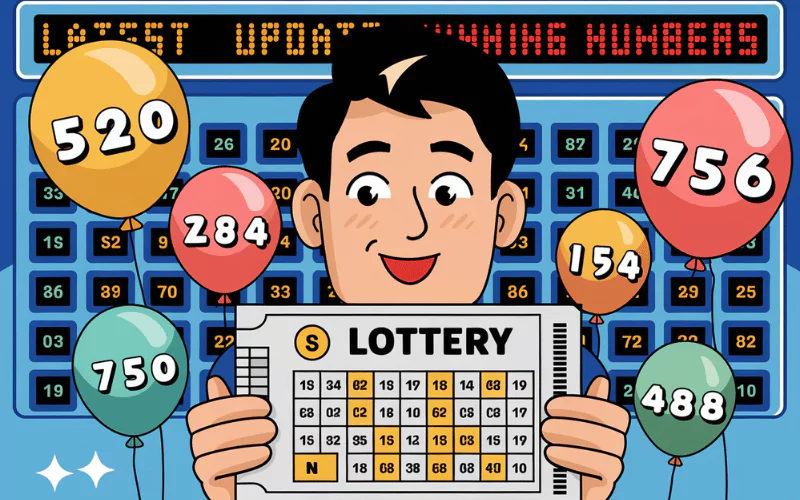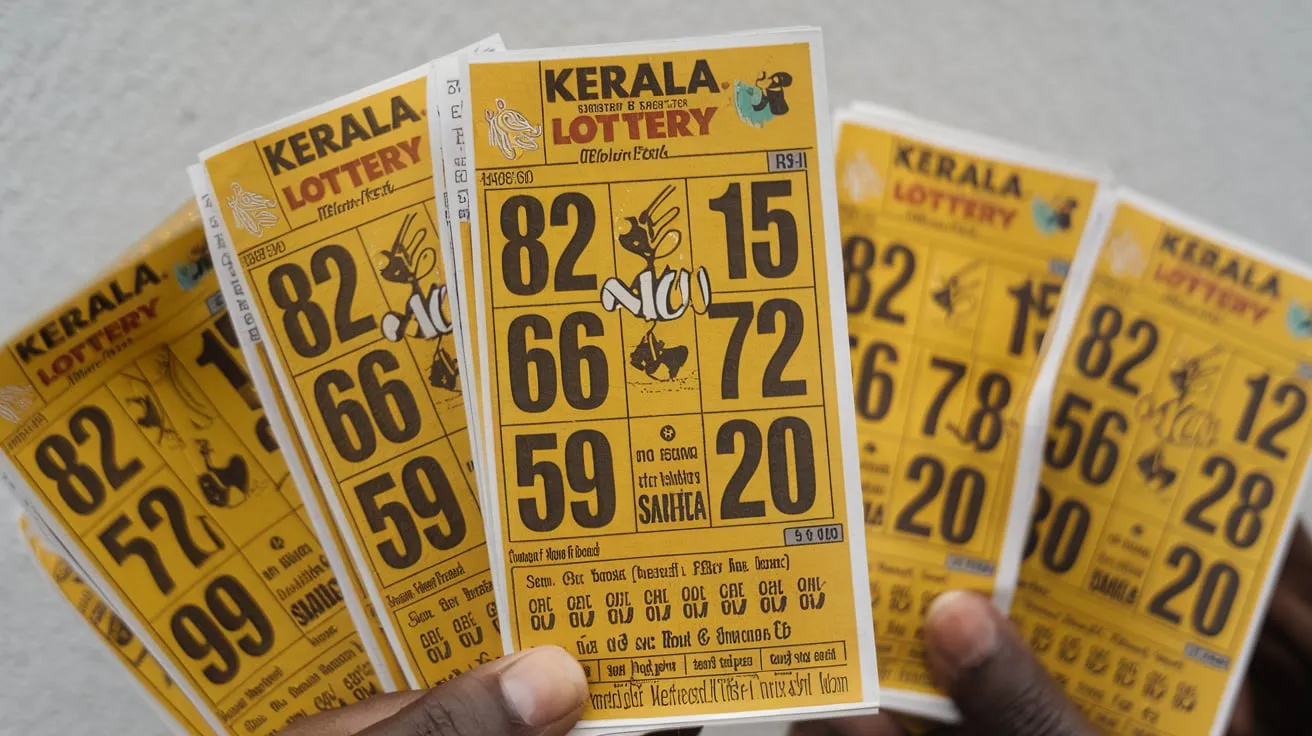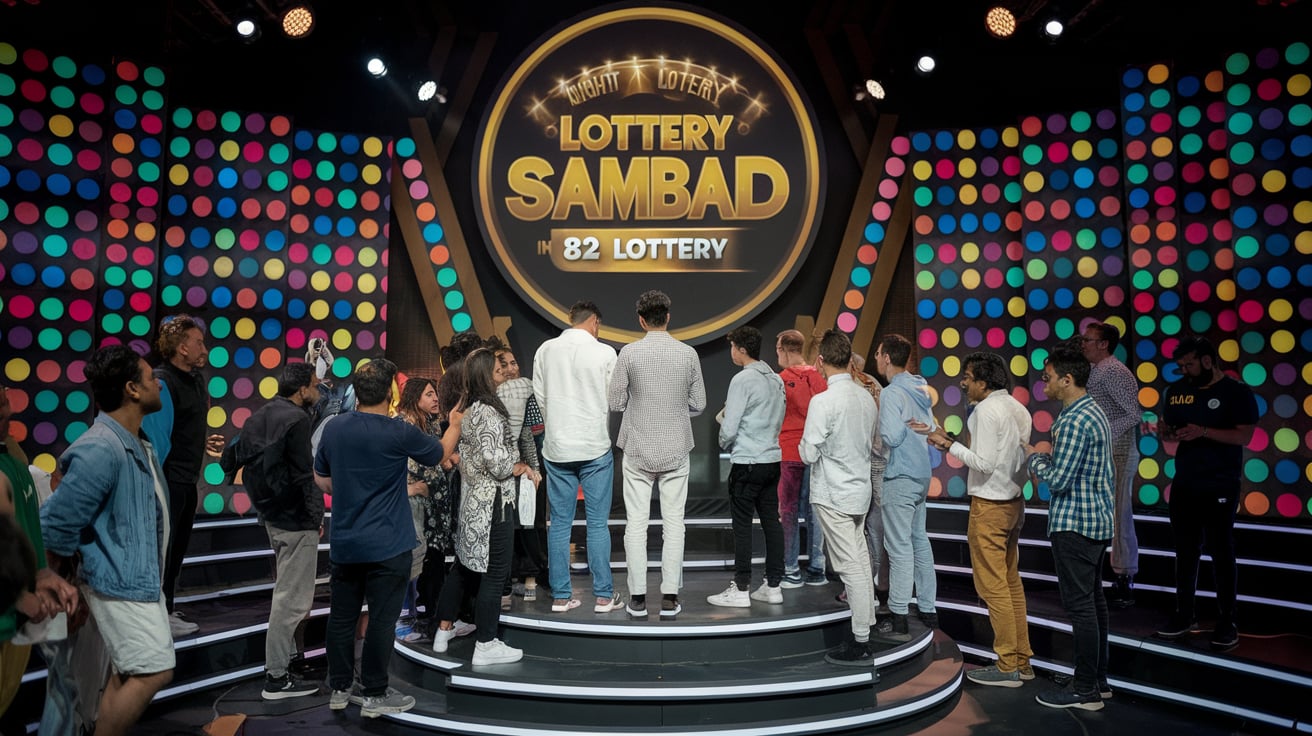Lottery Rules today in India have been a form of gambling for decades, offering people a chance to win substantial sums of money with a small investment. Regulated under state laws, the lottery industry operates in a legal framework that ensures fair play and transparency. However, not all states permit lotteries, and the rules governing them vary across the country. In this article, we will explore the key lottery rules today in India, including their legal status, operation, and regulations.
Legal Status of Lotteries in India
The operation of lottery rules today in India is governed by the Lotteries (Regulation) Act, 1998. Under this Act, the central government has granted individual states the authority to decide whether to allow lotteries within their jurisdiction. As of today, only 13 states in India have legalized lotteries. These states include:
- Kerala
- Maharashtra
- Punjab
- West Bengal
- Sikkim
- Nagaland
- Arunachal Pradesh
- Meghalaya
- Assam
- Manipur
- Mizoram
- Goa
- Madhya Pradesh
In these states, the government either organizes lotteries directly or licenses private operators to conduct them. States that do not allow lotteries consider them a form of gambling and have imposed strict bans on their operation.
Key Lottery Rules Today in India

The operation of lotteries in India is subject to strict rules and guidelines. These rules ensure that lotteries are conducted fairly and transparently, protecting the interests of participants. Below are some of the key lottery rules today governing lotteries in India:
1. State Authorization
- Only state governments are authorized to organize or permit lotteries.
- Private entities can operate lotteries only if they are licensed by the respective state government.
2. Types of Lotteries
- Lotteries are divided into paper-based lotteries (traditional draw-based tickets) and online lotteries.
- Both types must adhere to the regulations set by the organizing state government.
3. Ticket Pricing
- The price of lottery tickets is determined by the state government.
- Selling tickets at a price higher than the printed value is strictly prohibited.
4. Draw Frequency
- A state government can conduct a maximum of one lottery draw per day per scheme.
- Weekly lotteries are also common, and some states allow bumper lotteries with large prizes during festivals or special occasions.
5. Transparency in Draws
- Nagaland bhutan lottery draws must be conducted in public under the supervision of state-appointed officials.
- The process must be recorded to ensure there is no manipulation or unfair practices.
6. Prize Distribution
- Winnings must be distributed as per the prize structure announced before the draw.
- Winners are required to claim their prizes within a specified period, usually ranging from 30 to 90 days.
7. Tax on Winnings
- Lottery winnings are subject to taxation under the Income Tax Act, 1961.
- A flat 30% tax is deducted at source (TDS) on all winnings exceeding ₹10,000.
- Winners must declare their lottery income while filing their income tax returns.
8. Prohibition of Minors
- Individuals below 18 years of age are prohibited from purchasing lottery tickets or participating in draws.
9. Cross-State Sales
- Sale of lottery rules today tickets across states is not permitted unless explicitly allowed by the respective state governments.
10. Online Lotteries
- Online lotteries are allowed only in certain states, such as Sikkim and Punjab.
- These must comply with the guidelines laid down by the respective state governments and include measures to prevent fraud.
Benefits of Regulated Lotteries
When operated within the legal framework, lotteries offer several benefits:
- Revenue for States: Lotteries generate significant revenue for state governments, which is often used to fund public welfare programs.
- Employment Opportunities: The industry provides jobs in ticket sales, marketing, and administration.
- Transparency: Regulated lotteries ensure fair play and protect participants from fraud.
Conclusion
Lottery rules today operate under a well-defined legal framework that varies from state to state. While some states have embraced lotteries as a legitimate form of entertainment and revenue generation, others have chosen to ban them outright. For participants, understanding the rules and regulations is essential to ensure a safe and enjoyable experience.
As the industry evolves, the focus remains on maintaining transparency, preventing fraud, and promoting responsible participation. Whether you are a seasoned idea lottery result enthusiast or a first-time player, staying informed about the rules in your state is the key to making the most of this exciting form of entertainment.






